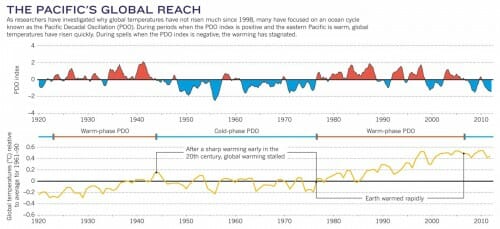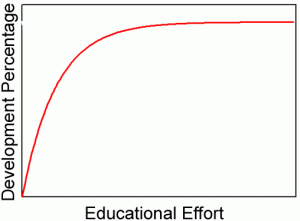Competition via Influencing Government
I have mentioned a number of times my chicken or the egg arguments with Progressives on the solution to cronyism. Is the problem that government power exists to influence markets, and as long as it exists people will bid to control it? Or is it possible to wield massive make-or-break government power over industry rationally, and only the rank immorality and corrupt speech of corporations stands in the way. The former argues for a reduction in government power, the latter for more regulation of corporations and their ability to participate in the political process.
I believe this is an example in favor of the "power is inherently corrupting" argument. No corporation lobbied for NOx rules on diesel engines. They all fought it tooth and nail. But once these regulations existed, engine makers are all trying to use the laws to gut their competition:
In 1991, the EPA ignored complaints from several makers of non-road engines that rivals were cheating, in order to save fuel, on emissions rules for oxides of nitrous (NOx). Then environmental groups took up the same complaint, whereupon the agency demanded face-saving consent decrees with numerous engine makers, including two Volvo affiliates.
In essence, the engine makers apologized by agreeing in 1999 to accelerate by a single year compliance with a new emissions standard scheduled to take effect in 2006.
Meanwhile, with another NOx standard looming in 2010, Navistar sued the EPA claiming rival engine-makers were seeking to meet the rule with a defective technology. In turn, Navistar’s competitors sued claiming the EPA was unfairly favoring a defective technology pursued by Navistar (these are only the barest highlights of what became a truck-makers’ legal holy war).
While all this was going on, a Navistar joint-venture partner, Caterpillar, complained that 7,262 Volvo stationary engines made in Sweden before 2006 had violated the 1999 consent decree. Now let’s credit Caterpillar with a certain paperwork ingenuity: The Volvo engines were not imported to the U.S. and were made by a Volvo affiliate that wasn’t a party to the consent decree. EPA itself happily certified the engines under its then-current NOx standard, only changing its mind four years later, prodded by a competitor with a clear interest in damaging Volvo’s business.
To complete the parody, a federal district court would later agree that the 1999 consent terms “do not clearly apply” to the engines in question, but upheld an EPA penalty anyway because Volvo otherwise might enjoy a “competitive advantage” against engines to which the consent decree applied.
As a side note, this is from the "oops, nevermind" Emily Litella School of Regulation:
Let it be said that the EPA’s NOx regulation must have done some good for the American people, though how much good is hard to know. The EPA relies on dubious extrapolations to estimate the benefits to public health. What’s more, the agency appears to have stopped publishing estimates of NOx pollution after 2005. Maybe that’s because the EPA’s focus has shifted to climate change, and its NOx regulations actually increase greenhouse emissions by increasing fuel burn.




